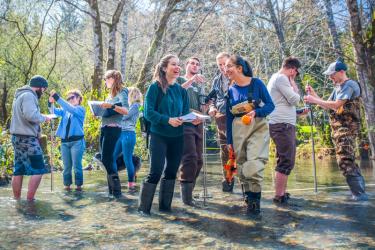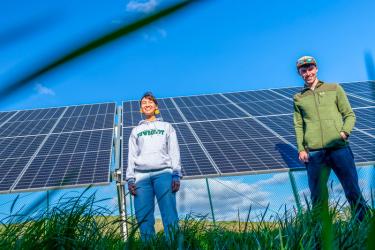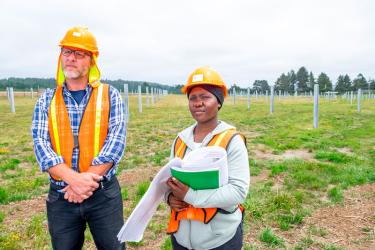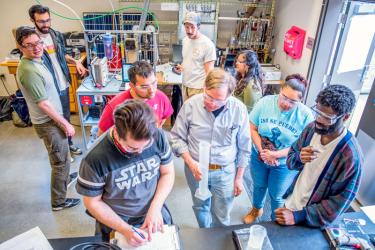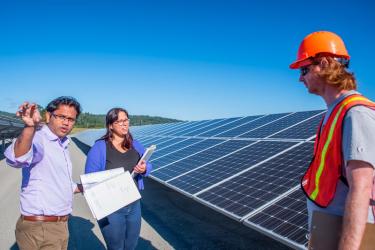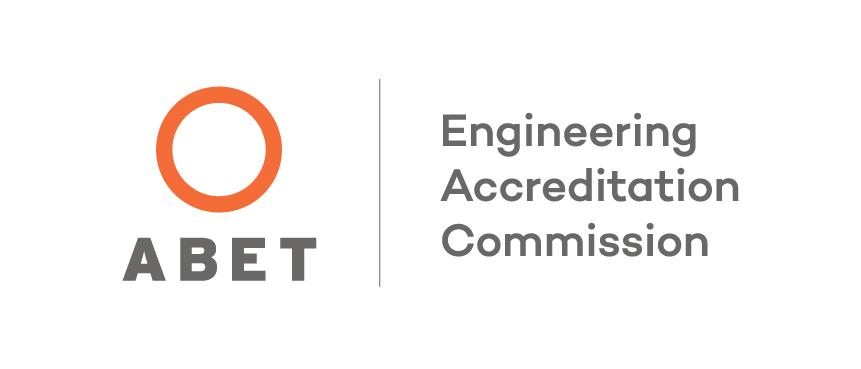Energy Systems Engineering
Energy Systems Engineering helps prepare students for careers in developing, designing, operating, and analyzing clean energy systems.
Through hands-on work on campus and out in communities, our students learn a systems-thinking approach to engineering. Students build computational methods and data analysis skills, get opportunities for applied design work in elective areas they choose, and learn about the necessary climate science and societal context.
Why this Program
This unique program gives students hands-on opportunities to design, assemble, and operate energy systems.
Students get the chance to tour inside boiler rooms, build solar energy systems, program microgrids, and work with local communities and organizations on projects
The engineering community at Humboldt is supportive of each other; we work to build a culture of teamwork and support
Through the School of Engineering, our students develop broadly applicable fundamental engineering skills, including data analysis, design, and applied physical and earth sciences.
Careers in clean energy can inspire passion and meaning, and is a chance to serve in a role that supports important and urgent societal needs
Our campus provides a sense of care, support and belonging, and better prepares students to approach their chosen fields through a lens of social and environmental justice.
- The School of Engineering also offers a one-year Masters of Engineering and Community Practice program that gives graduates an opportunity to level up after their bachelors degree.
Academics & Options
In the first two years, all students in the School of Engineering who are interested in Environmental Resources, Energy Systems, or Mechanical Engineering will take a core set of foundational courses together. These fundamentals provide a well-rounded basis in natural sciences, humanities, math, computational science, data analysis, and engineering design.
At the upper division, students will choose a major pathway and complete specialty engineering courses that go deep in that area of expertise. These courses take a project-based and interdisciplinary approach.
Students will learn to consider how energy systems are situated in social, ecological, and economic contexts, and cover key topics including thermodynamics, transport phenomena, building energy efficiency, renewable energy generation, electricity grids, and community energy planning.
Schatz Energy Research Center
The North Coast region is home to a vibrant and active energy research and deployment community, including the Schatz Energy Research Center at Cal Poly Humboldt.


